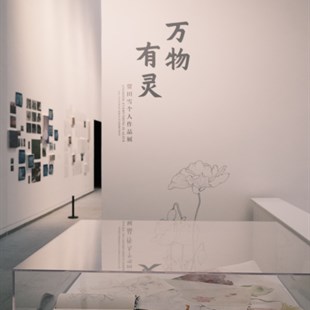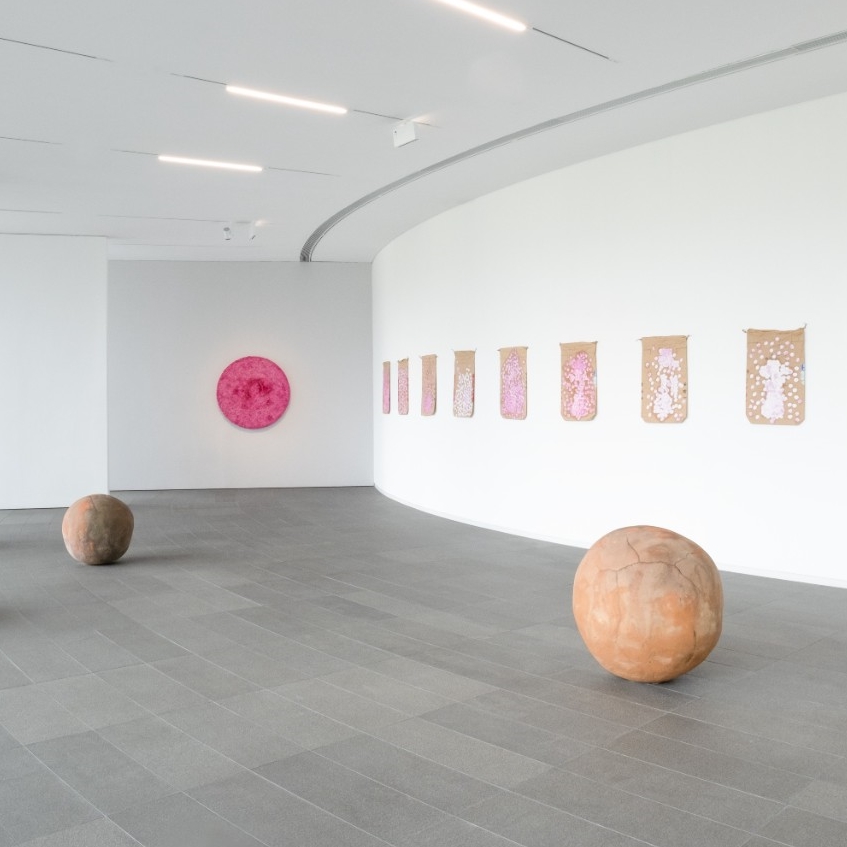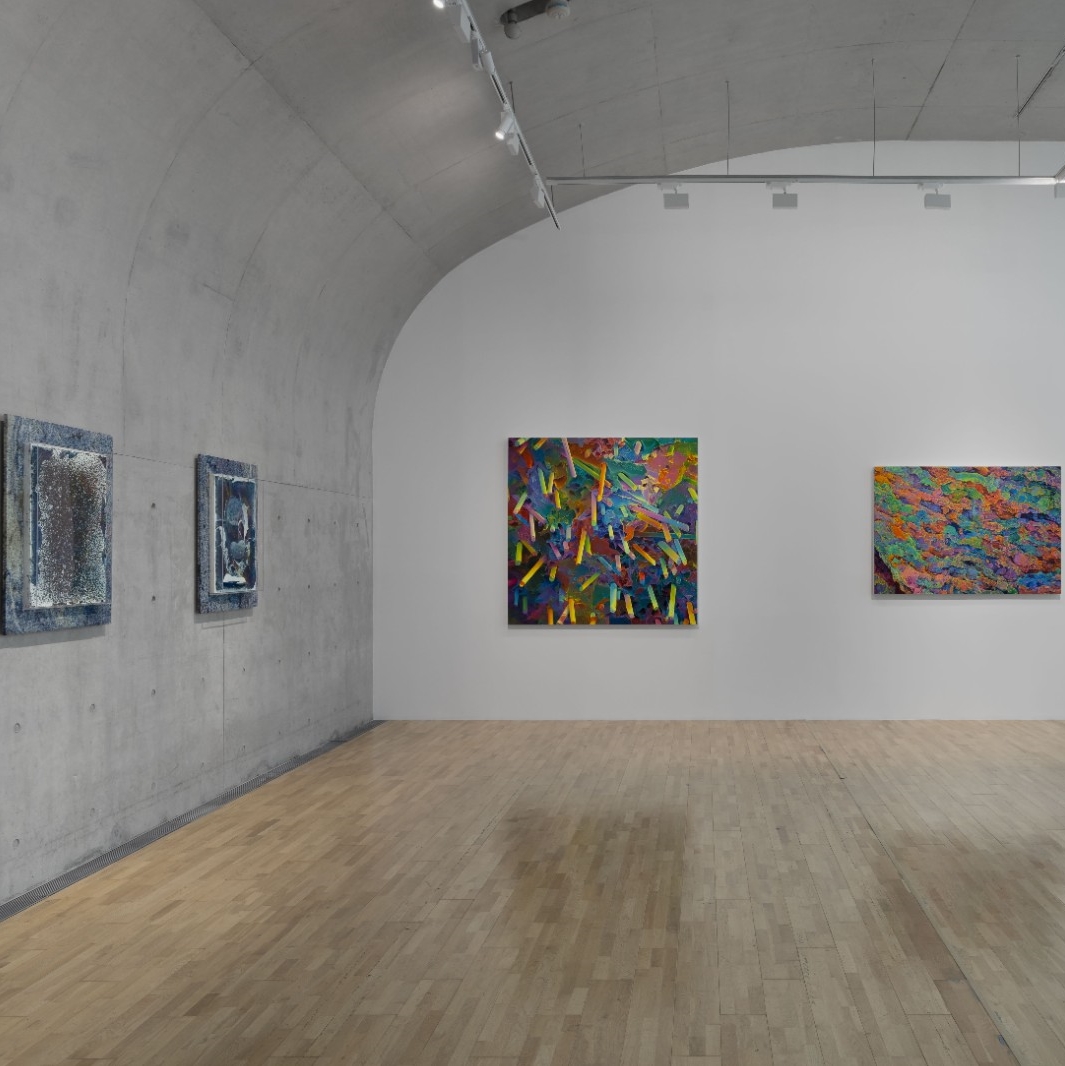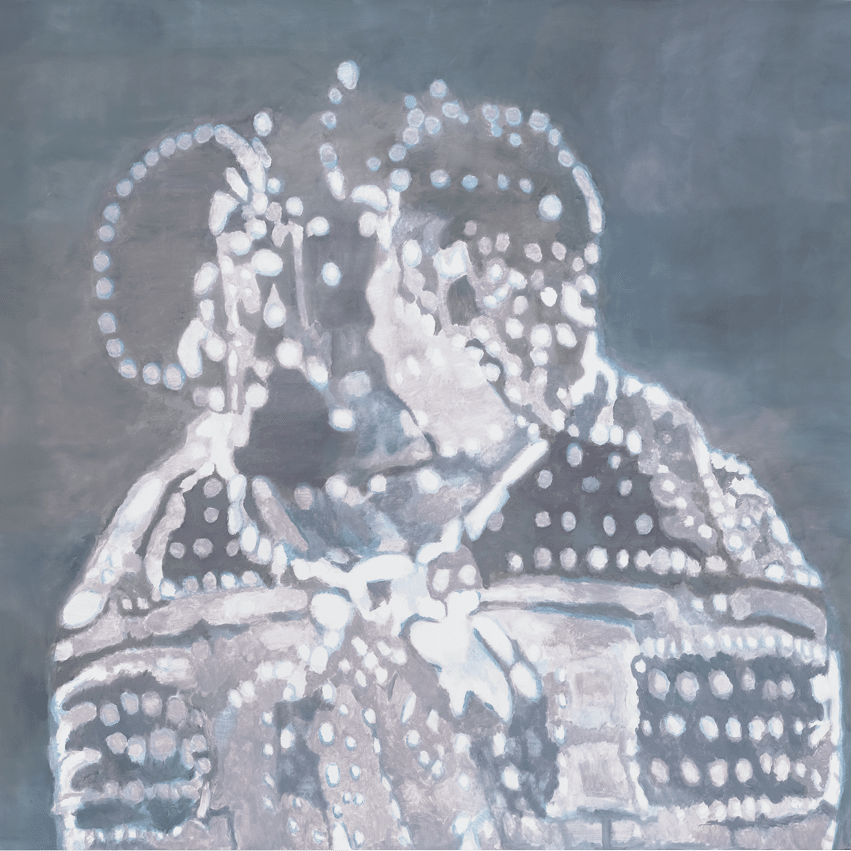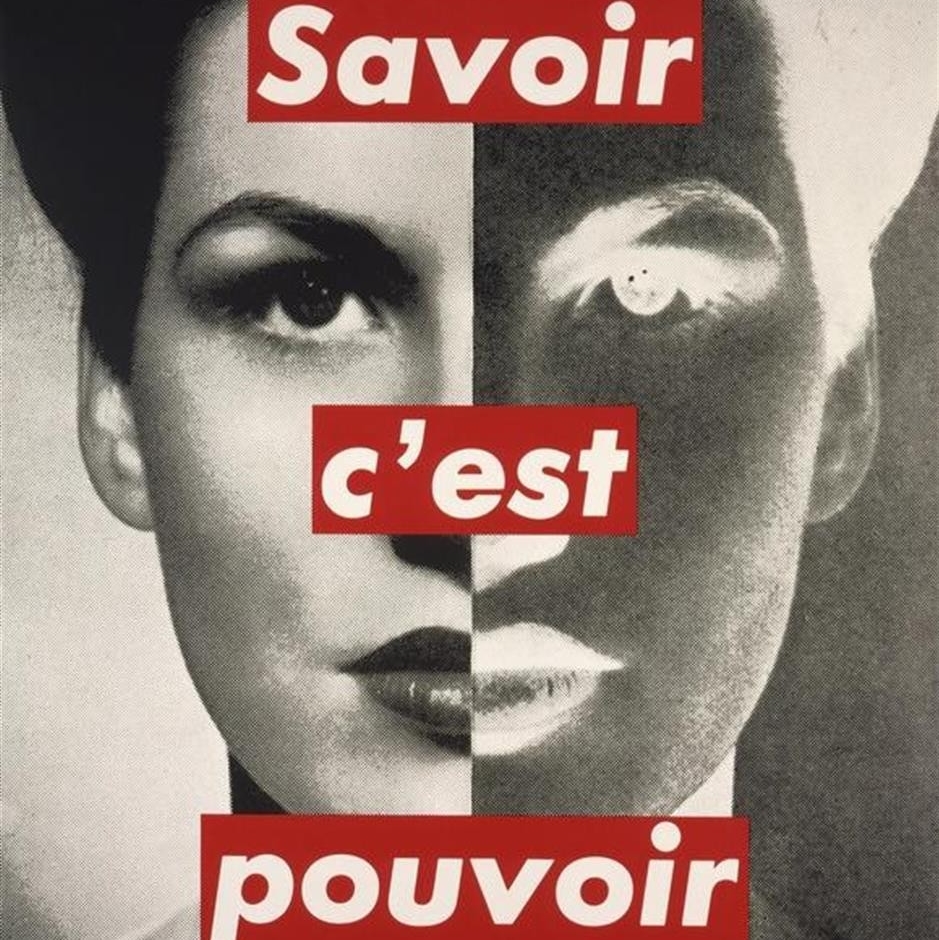“Literati, Literati: He Duoling Solo Exhibition” will be held from May 8th to May 18th, 2011 at Shanghai Art Museum which is the first stop for this touring exhibition. The National Art Gallery in Beijing will be the second stop in September, 2011. Subsequently, this exhibition will also be held in many important art museums at home and abroad. As well as the famous works created during his various historical periods, the exhibition will include his recent batch of works which have never previously been shown to the public. This exhibition has invited Fan Di'an who is the director of the Chinese National Art Gallery and an art scholar as the academic moderator; the renowned poet and cultural scholar Ouyang Jianghe as the curator, as well as young critic Alexandra, Du Xiyun all as executive curators.
[gallery link="file" orderby="title"]
In China's traditional culture system, cultural heritage has always been closely linked to the class of “literati”. “Literati” is always closely linked with “scholar-bureaucrat” which comes from the “literati” and they together belong to the same system of scholars. In fact being different from the minority of “scholar-bureaucrats” who have control of the political authority, “literati” represents the widespread scholar class and plays an important part for the didactic executors of China's cultural development. Compared with “scholar-bureaucrat”, the spirit of “literati” is more austere, independent and noble. For the moment, the spirits of “literati” can be summed up as a free, elite and contemporary spirit.
Along with the Westernization in Ming and Qing Dynasties, especially after the May Fourth Movement, China's traditional culture began to endure more suppression. But the spirit of “literati” is not in decline rather it is developed and retained in the Chinese intellectuals’ hearts. Especially in recent years, with the development in culture, society, politics, and economy, Chinese culture has been demanded by the new age. No longer does western constitute the exclusive standard as Chinese local culture regains serious consideration and the spirit of “literati” faces a deep survey and development.
As to the art field in this contemporary context, if one can effectively absorb the achievements of Western culture and also have a comprehensive understanding and grasp of the spirit of Chinese local culture to develop a more effective means of expression, then his creative works of art will meet the needs of culture itself as well as the needs of the general social atmosphere. He Duoling is one of such kind of contemporary Chinese artists who bases his work on the local culture while effectively absorbing Western ideas and forms. Although when creating an oil painting, he is quite different from the popular road of using western perspectives to reform Chinese painting. He Duoling makes his changes to the world through the use of Chinese sprit and aesthetic ideas of “literati”. He Duoling’s restrained and elegant nobility also "practices" the spirit of contemporary “literati”.
Although being in his sixties now, He Duoling still has a strong desire for the creation and exploration of life, as he said, "My best works are yet to come" which is also a contemporary practice in the Chinese spirit of “literati” for the cultural responsibility and the pursuit of life.
CV of He Duoling
Born in Chengdu, China in 1948;
Graduated from the Graduate Classes of Sichuan Academy of Fine Arts in 1982;
Participation in the “French Spring Salon”, Louvre Museum, Paris, France;
1984 participation in “The Sixth National Art Exhibition” in Guangzhou, China;
1986 participation in “The 2nd Asian Art Exhibition”, Fukuoka Art Museum;
1987 participation in “The 22nd Monte Carlo International Art Exhibition”, Monte Carlo, Monaco.
About This Exhibition
Opening: May 8th, 2011
Date: May 8th to 18th, 2011
Venue: Shanghai Art Museum
Press Conference: March 19th, 2011, Lido Hotel, Beijing
Organizers: Bloom Gallery (Beijing, China)
Lingsheng Art (Beijing, China)
Shanghai Art Museum (Beijing, China)
The National Art Museum of China (Beijing, China)
Academic Director: Fan Di'an
Curator: Ouyang Jianghe
Executive Curator: Dr. Alexander • Greenholm and Du Xiyun
View the Chinese version of this article here


